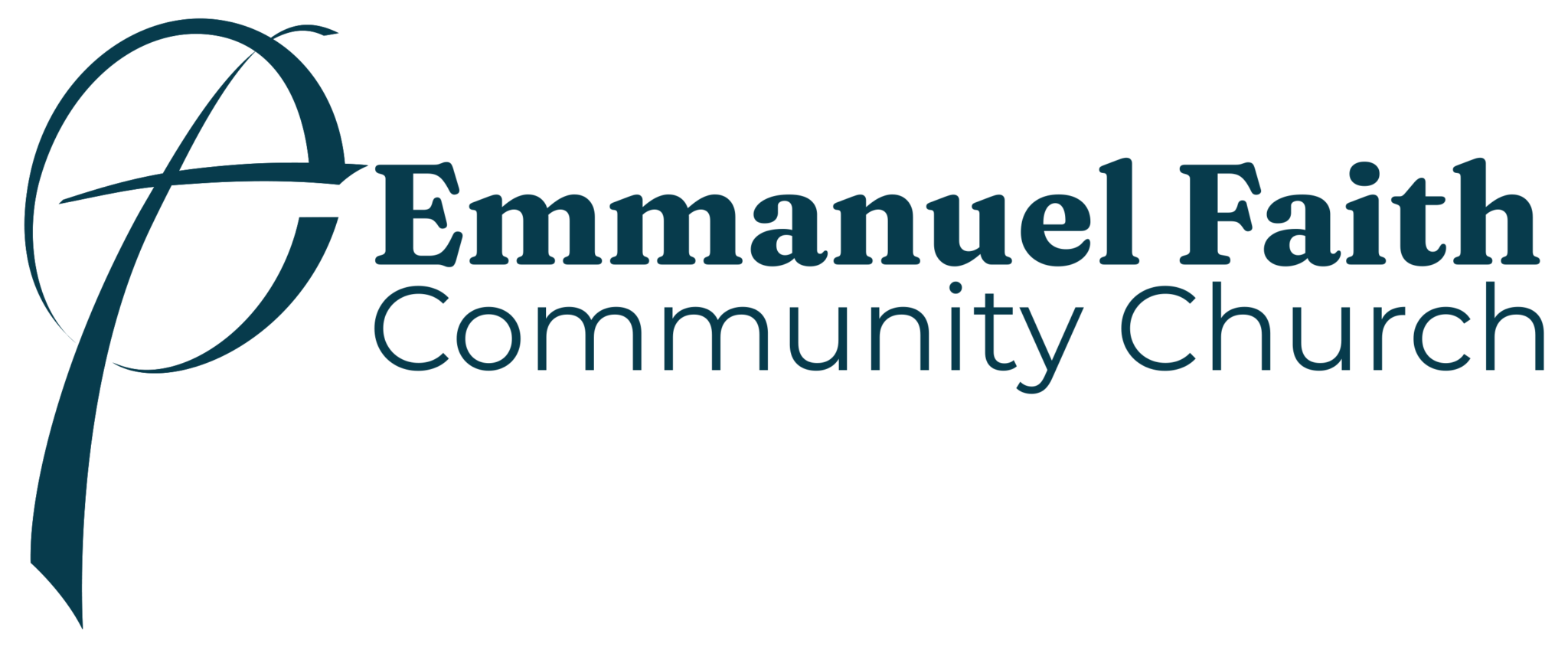I can remember when I first started hearing politicians talk about student loan forgiveness. My initial thought was: why did I work so hard and sacrifice to pay off my student debt? I should have just waited to have it forgiven! My guess is, you know someone who had a similar thought, you might have even offered the same sentiment yourself.
We know that there is a massive problem with the rising debt that students are graduating college with. In fact, one study showed that students who graduated in 2020 had 102% more debt than those who graduated in 2010. In one decade, we’ve seen the debt rate skyrocket as tuition costs have done the same. Ironically, I think exploring the idea of “loan forgiveness” might help us understand the nature of person-to-person forgiveness, and it might help us better understand the way God forgives.
When we talk about student loan forgiveness, we are talking about a debt that someone willingly incurred, being erased from their account. But it’s just as important to point out what we are not talking about. We are not talking about going back in time to undo all that the money was used to accomplish. The person who borrowed money to attend University keeps their degree, they hold onto the experiences they had while in college and the things they learned, they maintain the job that they got because of the degree. They keep all the benefits of the loan. We’re also not talking about going to collect the money that was borrowed and then distributed. We don’t go back to professors (who got a minuscule amount of the money borrowed, by the way) and say, “Jimmy defaulted on his loan which means you need to pay part of your salary back.” No, that money has already been spent or invested – it’s already changed hands numerous times.
When we talk about student loan forgiveness, we’re really talking about the transferring of debt. It’s forgiveness for the person who incurred the debt, but it’s an accumulation of more debt for our government. But that’s the way forgiveness always works. The wrong is never erased or undone, that’s often impossible… and that’s why forgiveness is hard. In relational settings, when we forgive, we give up the pipedream of being repaid. We know that would be impossible in most cases anyway, but it’s a hope many of us hold onto. When we forgive, we accept that a wrong has been transferred to our account and we stop asking, assuming, or hoping that someone will pay it back. We absorb the cost – the debt is transferred to our account.
That’s the very thing that God in Christ has done for us. Forgiveness is free for us, but it’s costly for God – because the debt of our sin, which earned death, was transferred to Jesus’ account. We got his righteousness, and he got our sin (2 Corinthians 5:21). Sin cannot be simply eliminated; it must be transferred – just like student loans. The wrong goes somewhere, and in our case, it went directly onto the shoulders of Jesus.
Take some time today and ask Jesus if there is anyone you’re resisting forgiving because you want to be repaid. Think about the way Jesus has forgiven you, and then ask for the grace to live the same thing out toward those who have wronged you.
Pastor Ryan Paulson
Lead Pastor

